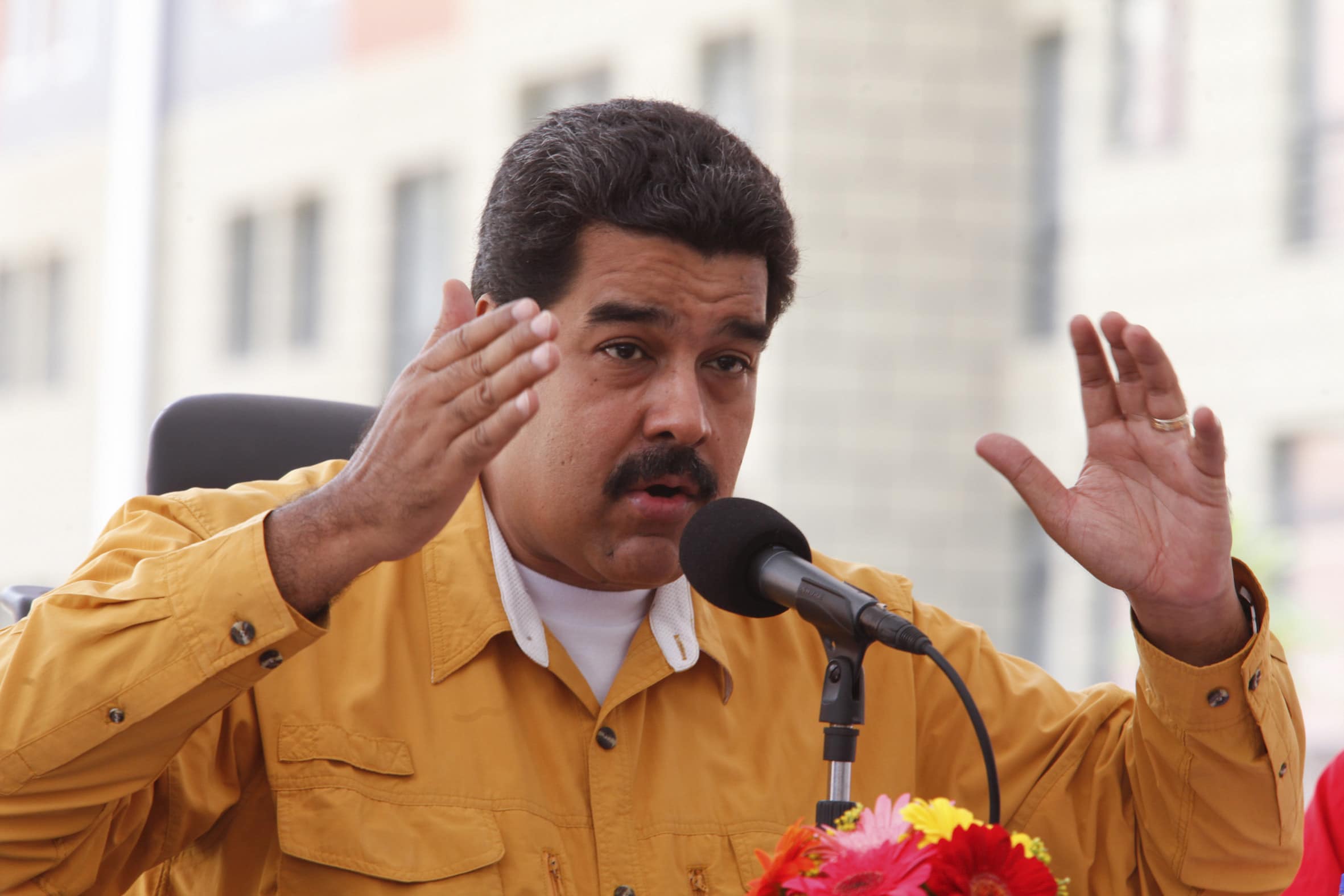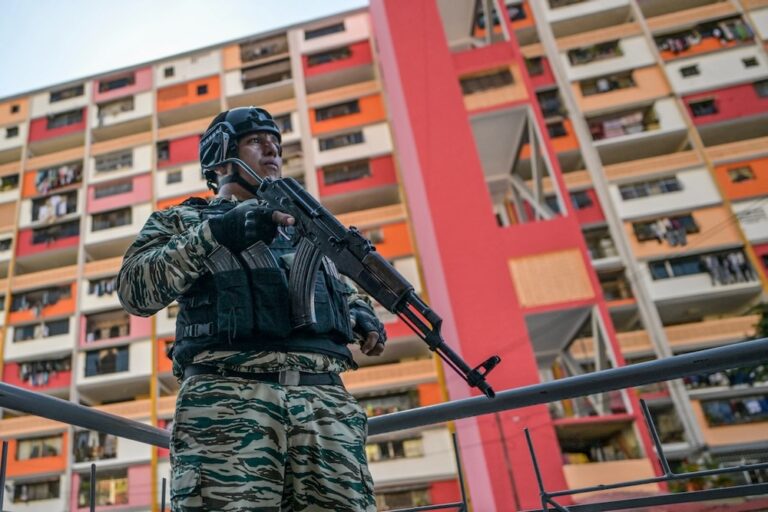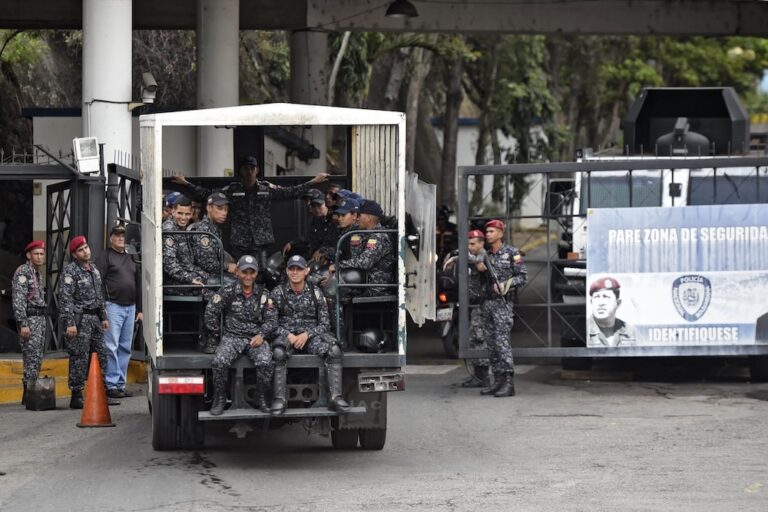Tareck El Aissami, Aragua state governor, has been authorised to investigate reporters who have written about a possible outbreak of Ebola at the Central Hospital in Maracay, capital city of Aragua.
On 12 September 2014, Venezuela’s President Nicolás Maduro Moros announced that he was authorising Tareck El Aissami, Aragua state governor, to launch investigations and legal action against reporters who had written about a possible outbreak of Ebola at the Central Hospital in Maracay, capital city of Aragua.
In an interview posted on the Communication and Information Ministry’s website, President Maduro gave El Aissami authority to undertake legal action related to a presumed media campaign against him, which, he said, was taking shape in various media reports from 11 and 12 September on the deaths of eight people who had contracted an unidentified virus.
Maduro said that investigations would involve any media outlet in the world trying to spread the campaign whether they were in “Miami, the U.S., Europe, or here,” said the president.
The president’s comments echo what Delcy Rodríguez, the Communications and Information Minister, has also said. She warned media outlets about legal retaliation for making certain statements about the situation at the Maracay hospital.
Campaña desatada sobre enfermedad desconocida en hospital Maracay es ABSOLUTAMENTE FALSA. Pedimos a los medios respeto a la población vzlana
— Delcy Rodríguez (@DrodriguezMinci) September 11, 2014
(The campaign that has been unleashed about an unknown disease in the Maracay hospital is ABSOLUTELY FALSE. We ask the media to respect the Venezuelan population)
The National Assembly Speaker, Diosdado Cabello, also encouraged El Aissami to start proceedings against the president of the Aragua Medical College, Ángel Sarmiento, who, in a press conference, had told the media that eight people had died of an unknown disease.
The latest statements about the situation in Aragua are part of a series of statements made by authorities criticizing and discrediting the work of journalists reporting on possible problems in the country’s public health system. In July, Francisco Armada, former health minister, criticized a series of reports in national papers on suspected gaps in the health system that indicated weaknesses in dealing with the Chikungunya virus and the supply of anti-retroviral drugs in Venezuela.
This type of statement against the press is contrary to international standards of free expression and the right to access to information, as guaranteed in Article 13 of the OAS American Convention on Human Rights and Article 19 of the U.N. International Covenant on Civil and Political Rights.
In addition, the apparent agreement among officials to not share information on the scope of viruses in Venezuela goes against precepts of the World Health Organisation.
UNESCO, in its General Remark n° 14 from 2000, established that the right to health not only includes timely medical care, but also the basic conditions necessarily to provide it. Included in the essential conditions for access to health care are: non-discrimination, physical accessibility, economic accessibility and access to information.
Articles 51 and 143 of the Venezuelan constitution establish the right to access to public information and the responsibility of state officials and institutions to share information in the public interest, in a timely manner.



